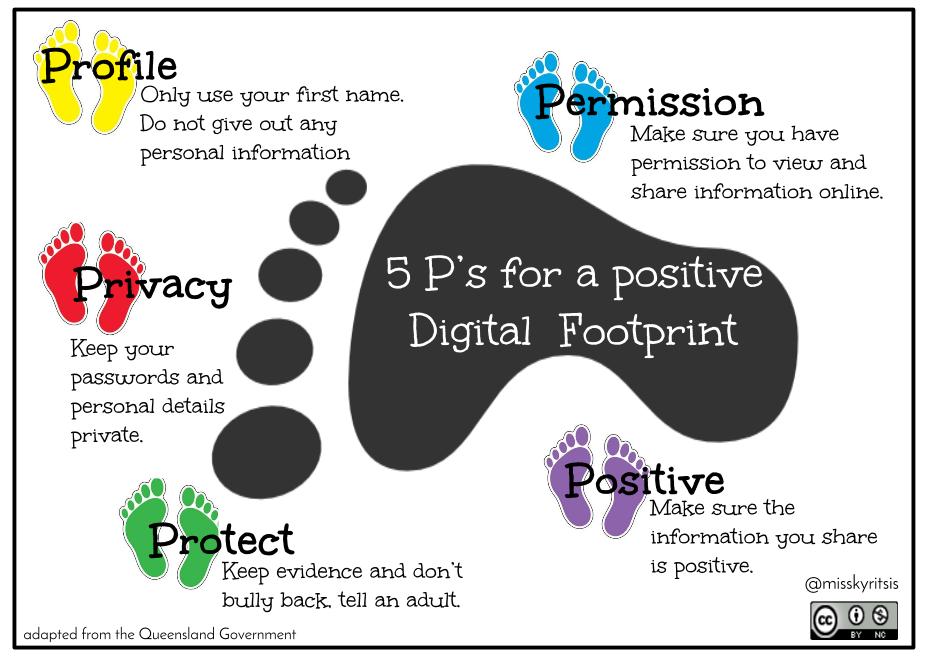Click here to win a trip to Europe!
And if you just clicked…you got rickrolled.
This is a problem that not only plagues you, but most of those who access the internet. Well, not rick rolling in particular, but getting tricked by whatever they see online.
This is happening because the people who post these kinds of links are not thinking about their digital citizenship. Sure, rickrolling is just harmless fun, but as more and more people are venturing into deeper and deeper depths of the internet, soon these fake links will no longer just take you to Rick Astley’s 1987 single “Never Going to Give You Up”, but instead, to things that are much worse. The fake links are more than just rick rolling, scammers also trick people by impersonation, using fake anti-virus pop ups, email phishing, etc.
This is part of the reason why it’s important for all generations to take control of their digital citizenship, and with that, their digital safety as well. First off, we have to define digital citizenship, which is hard, considering that it’s such a broad topic that covers a multitude of other issues.
Digital Citizenship mainly boils down to 2 points:
– Represent yourself
– Protect your safety and privacy
Represent Yourself:
Ever wonder why all your friends are always on vacation or eating at the newest restaurants? Nowadays on social media, we often see people projecting exaggerated images of themselves or only specifically choosing to show the good things that happen to them. This happens on instagram, twitter, snapchat, basically every social media platform available. Why wouldn’t people want to show the best version of themselves? It’s understandable. However, this is hurting not only yourself, but also the people around you.
When we post about our life accomplishments, goals, or the highlights of our lives, we feel better from the likes and comments from others because it gives us a sense of accomplishment. The more likes we get, the more we strive to get more….and more. The cycle keeps going and you will feel compelled to only post about things that will get you likes or purposefully push yourself to do something worthy of posting everyday. To be a good digital citizen, you have to not only take care of others, but also yourself.
– Make sure what you post is something you want to post for your own sake, not for the entertainment and attention of others.
– Make sure it represents you, because you will take responsibility for everything you post.
– Make sure it represents well on the people and school around you.
Safety and Privacy:
The younger generation is facing a problem that has worsened as technology is becoming readily available and accessible to kids; they don’t know how to keep themselves safe online. As technology advances and becomes a necessity, that means the internet has become a place for people of all ages, personalities, and ideas. This means it’s important for kids to take responsibility of their digital presence.
Digital footprint is constantly being left whether you know it or not. When you leave comments to your friends, use your email to sign up, upload stories, anything and everything can be leaving your digital footprint. Doing these things is revealing more and more about yourself to anyone who stumbles upon your digital presence. You’re telling them what you like, what you watch, what your social media habits are….
We often believe that whatever we post on social media doesn’t matter because it’s lost in the vastness of the internet, but in actuality, it’s very easy to trace everything someone has ever posted. Even when the post is deleted, it’s never really gone. Even privacy settings do not guarantee that the post will remain “safe”. So it’s important to be mindful of what you post and remember to protect private information about you, your family, and friends.

It’s easy to get caught up in all the lights and glamour of all that the internet has to provide that we don’t realize we’re falling down into the vastness of the online world.
MLA Citation:
– Slavin, Tim. “Online Guidelines for Student Blogging, Commenting, and Personal Safety.” Beanz, 27 Aug. 2013, www.kidscodecs.com/online-guidelines-for-student-blogging/
– Borovoy, Amy Erin. “5-Minute Film Festival: Teaching Digital Citizenship.” Edutopia, George Lucas Educational Foundation, 14 Sept. 2012, www.edutopia.org/blog/film-festival-digital-citizenship.